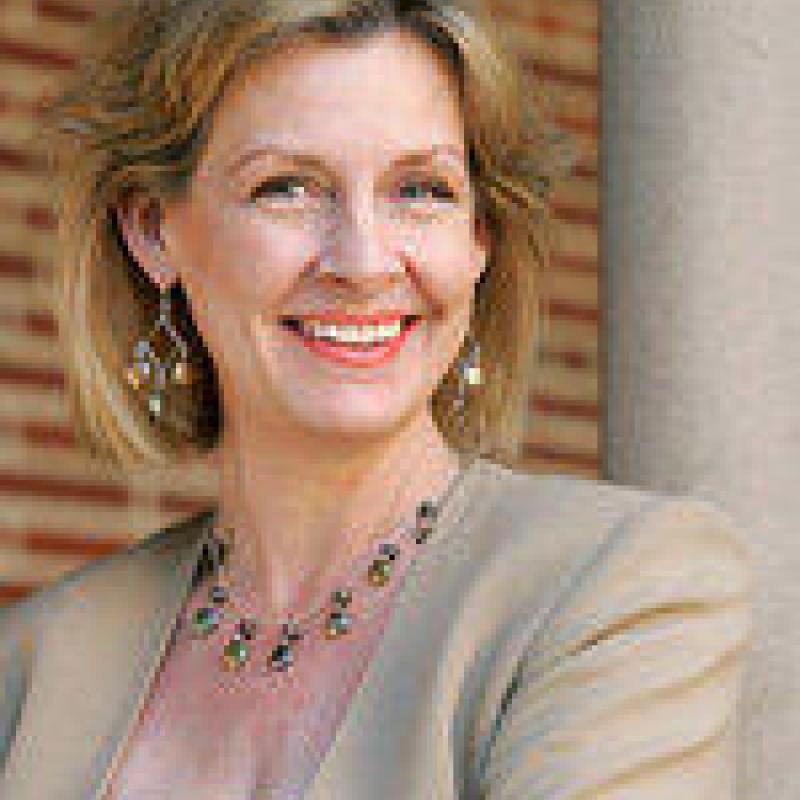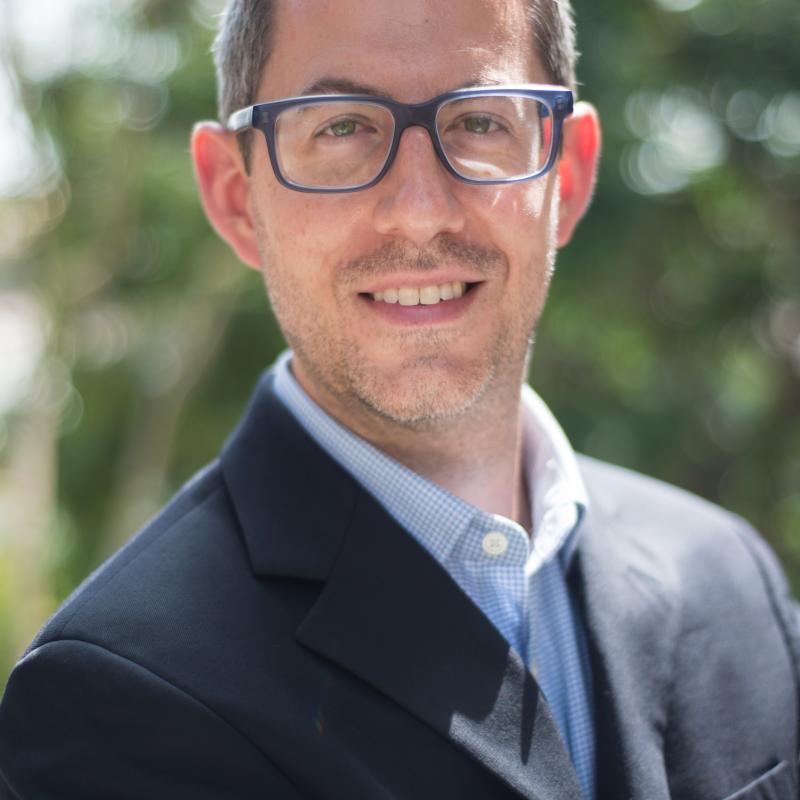We are all citizens of one world, we are all of one blood. To hate people because they were born in another country, because they speak a different language, or because they take a different view on this subject or that, is a great folly. Desist, I implore you, for we are all equally human. . . . Let us have but one end in view: the welfare of humanity. The school is the manufactory of humanity.
Comenius, circa 1640
Higher education is intended to equip one with the tools for critical thinking. Faith, on the other hand, according to Webster’s dictionary, presupposes a firm belief in something for which there is not necessarily any proof, thus is independent of critical thinking. Are critical thinking and faith incompatible positionings? Kant stated that we needed to set thinking aside to make room for faith. The father of modern education, 17th century philosopher, pedagogue and theologian Cominius, advocated for universal education to lead the learned to faith. How has our use of reason specifically affected our understanding of faith, or vice versa? How can we then address this duality in our modern higher education system? Can faith and intellectualism coexist? Is this dichotomy insurmountable? Is there room for reason and faith in our methods of critique and human experience? Interfaith Council President Shradha Jain will engage Professor of Philosophy Sharon Lloyd and Associate Professor of Religion David Albertson on these inquiries, then open the discussion up to our student polymaths. Let’s convene, explore, and converse!

